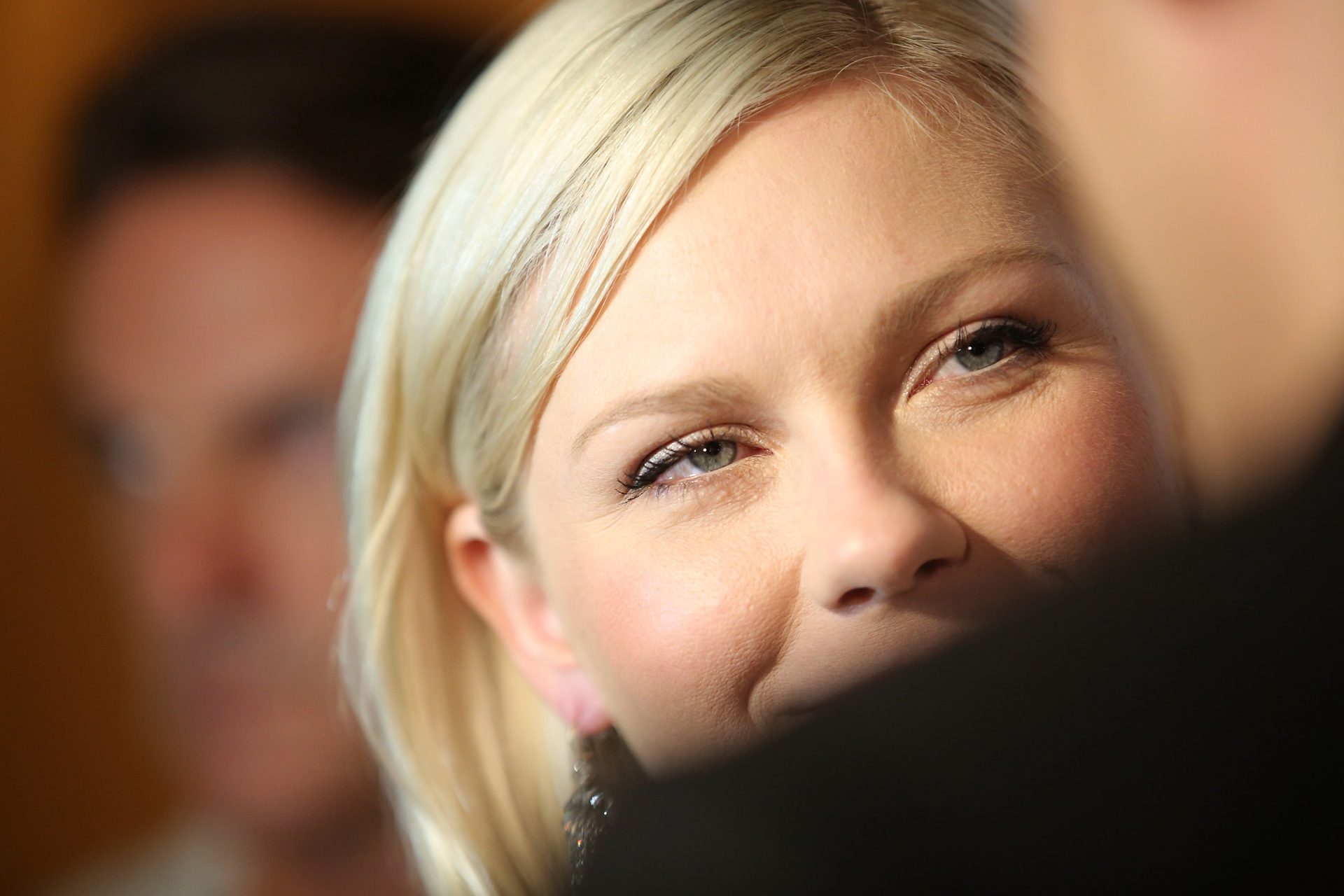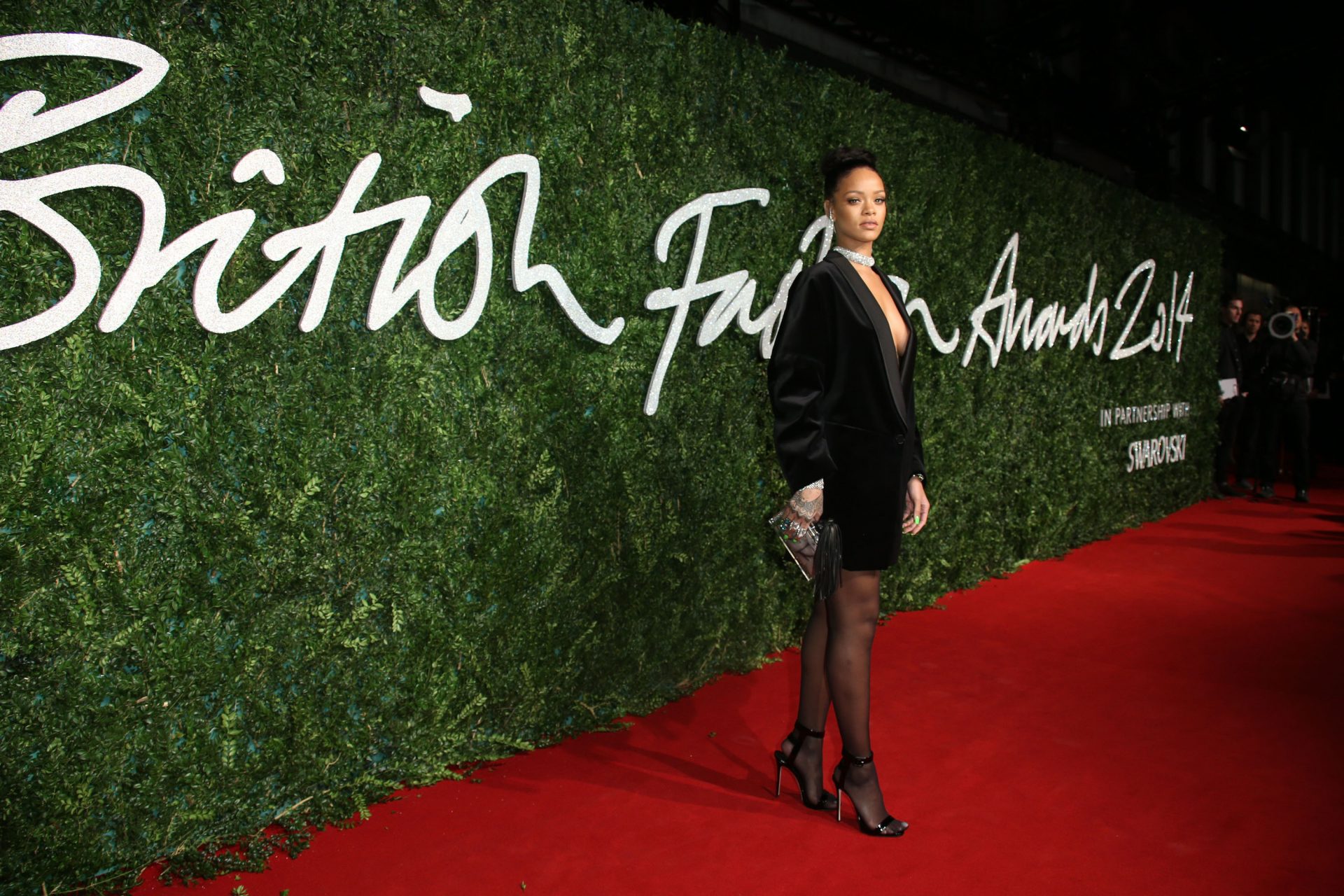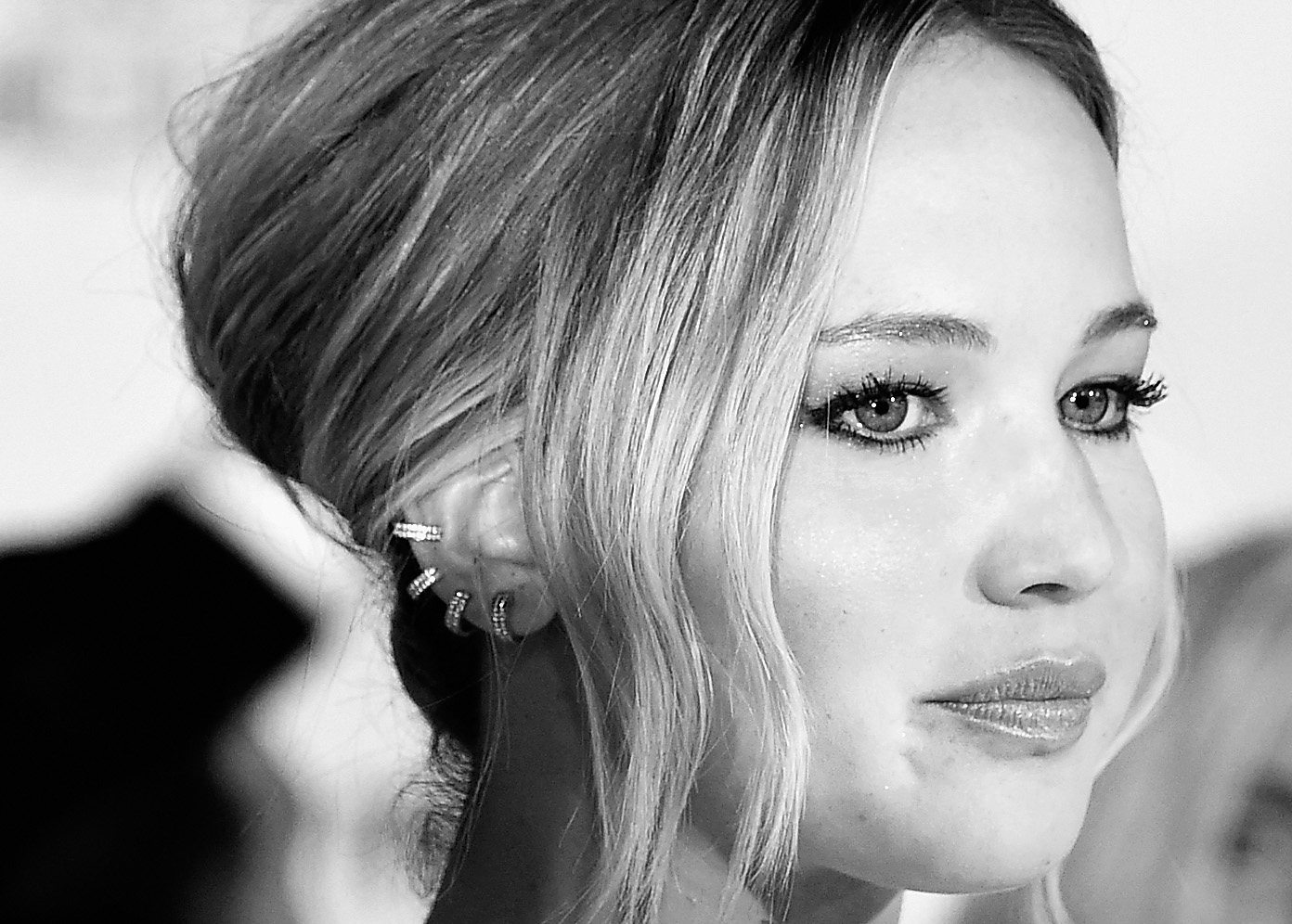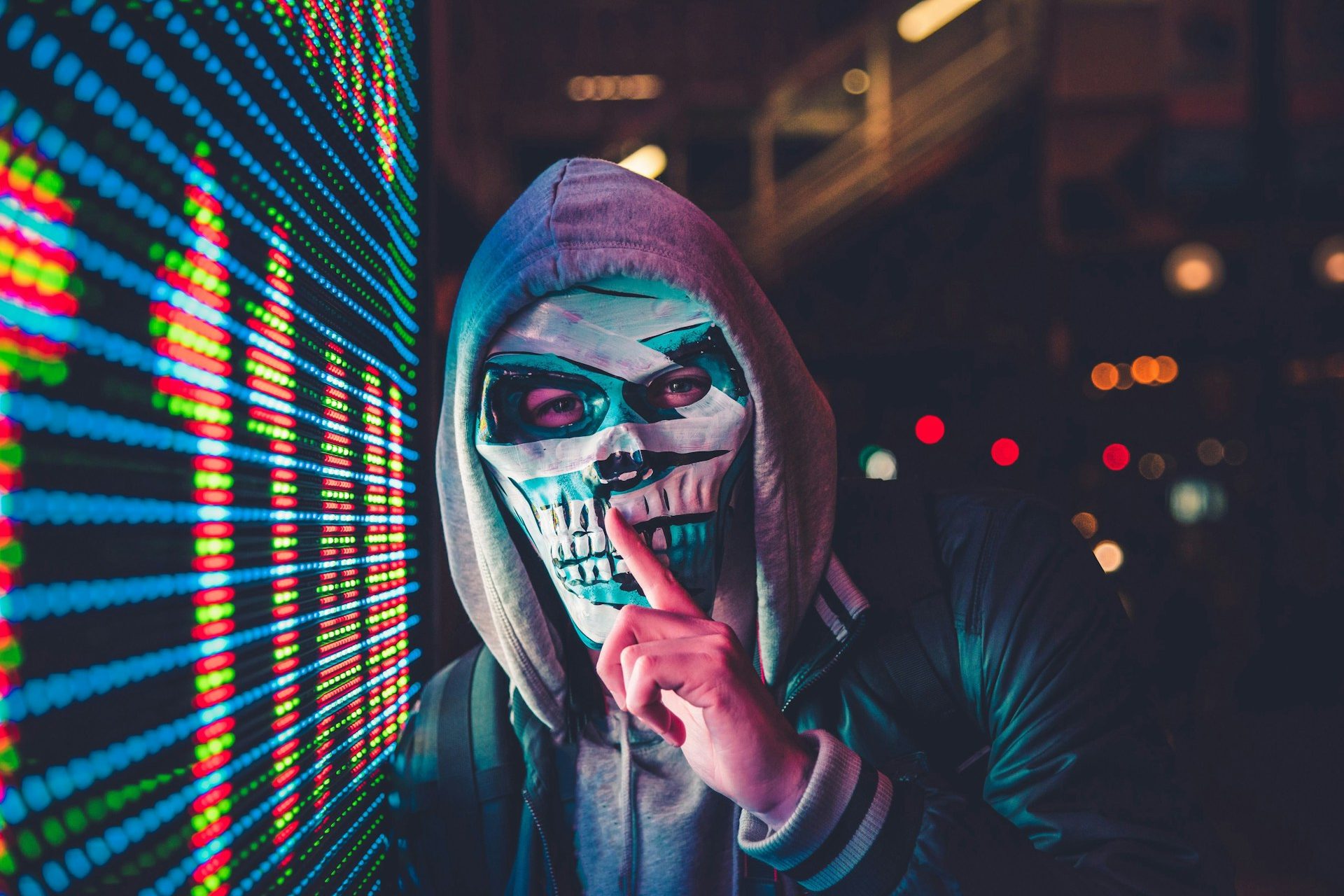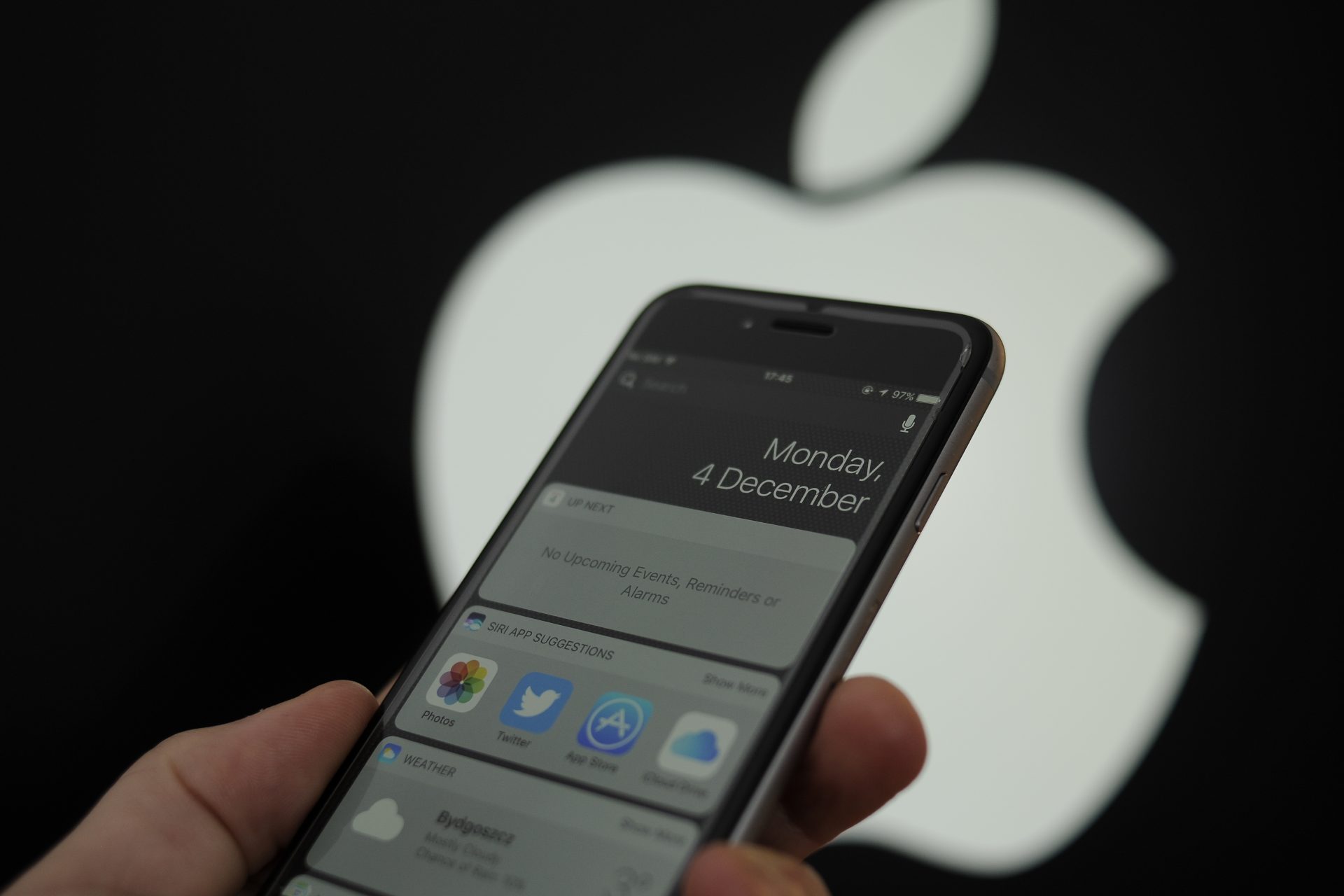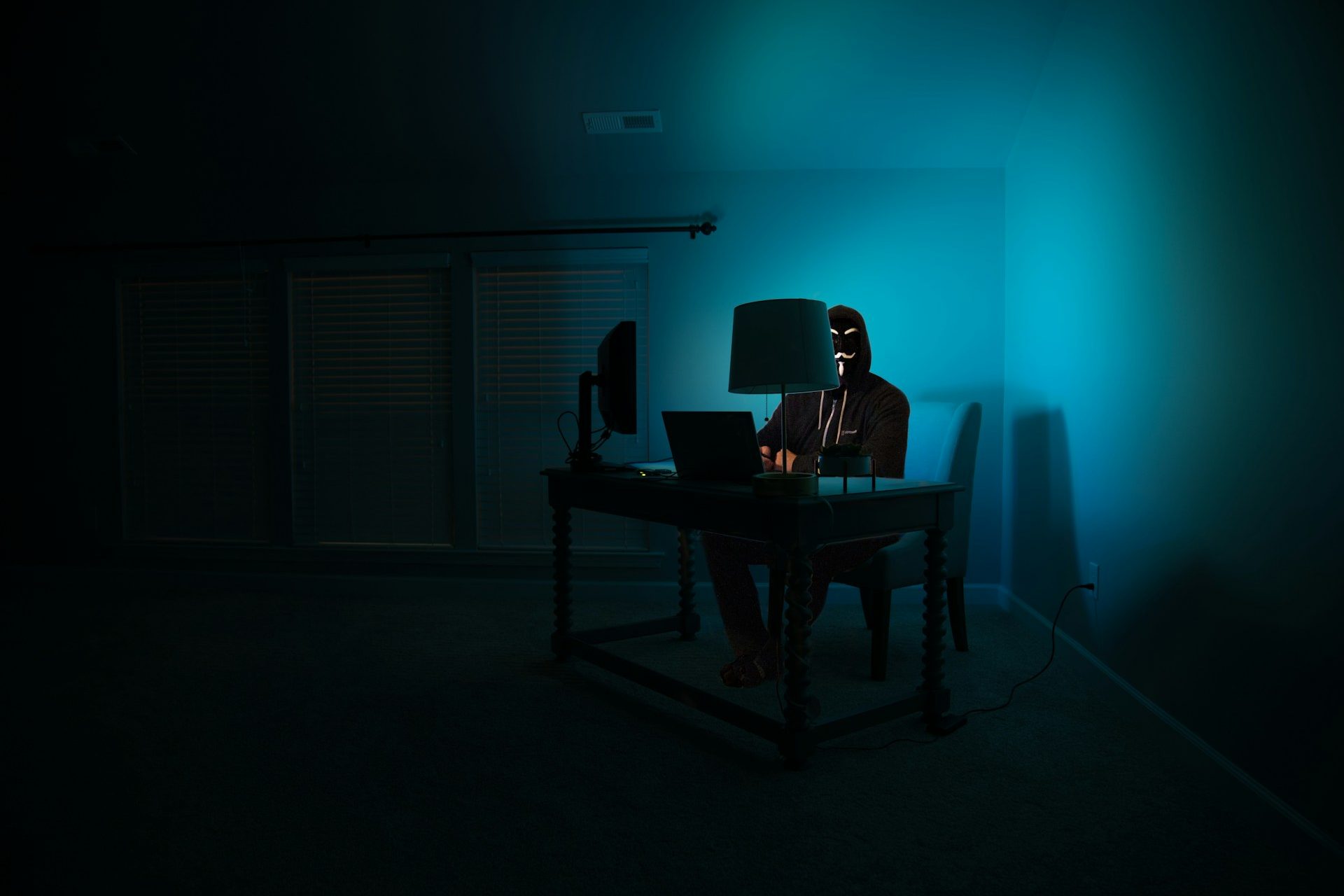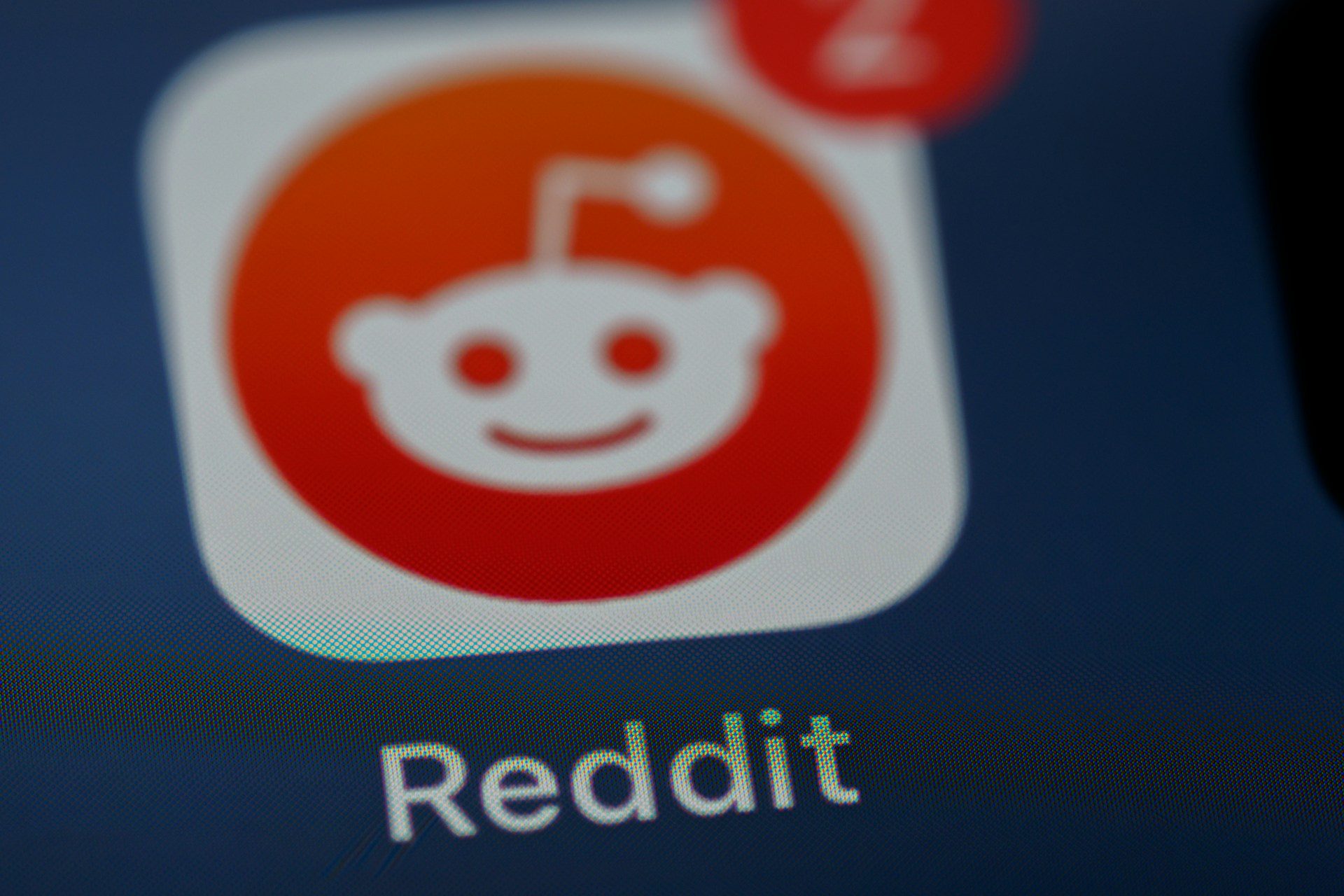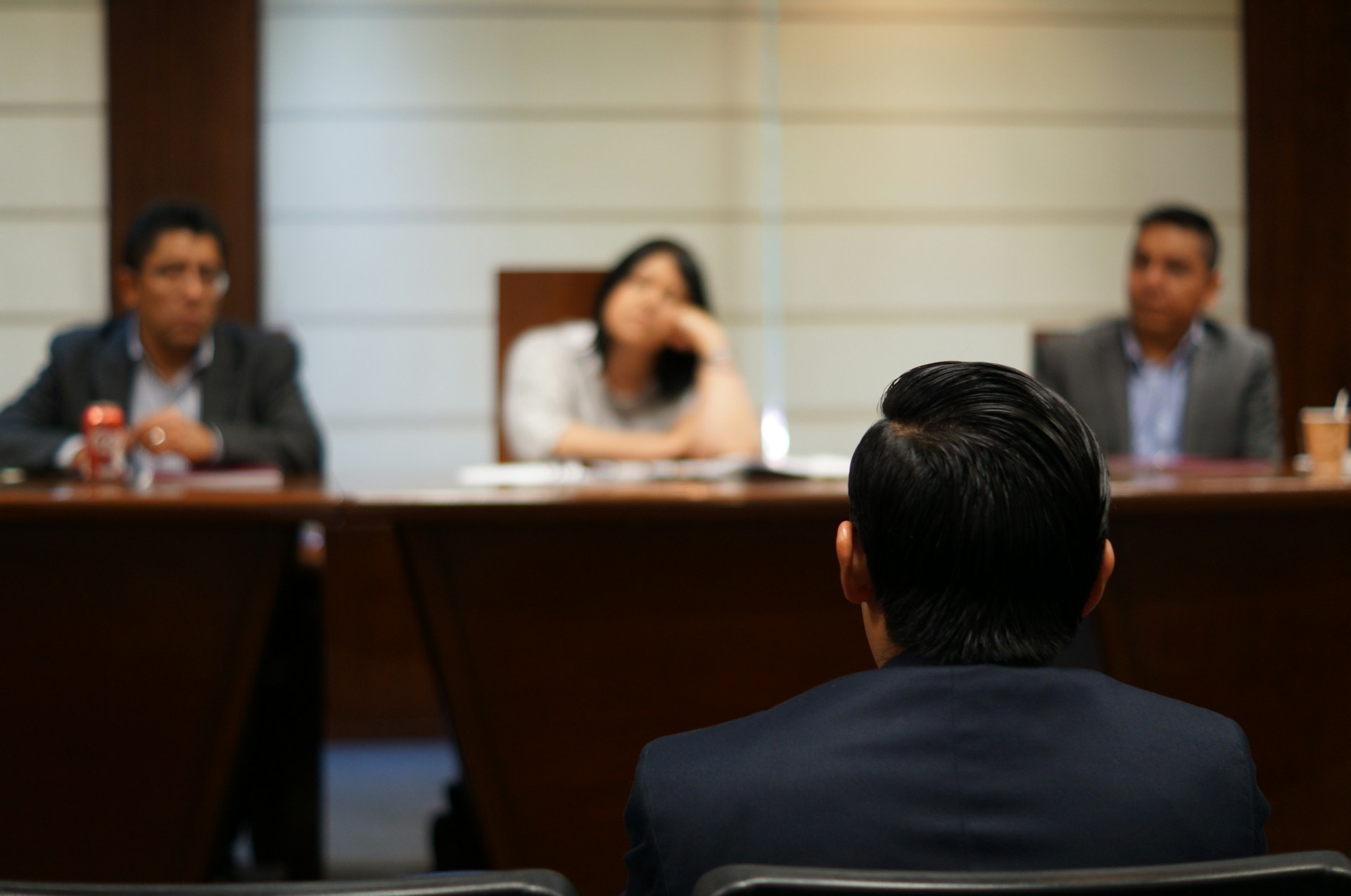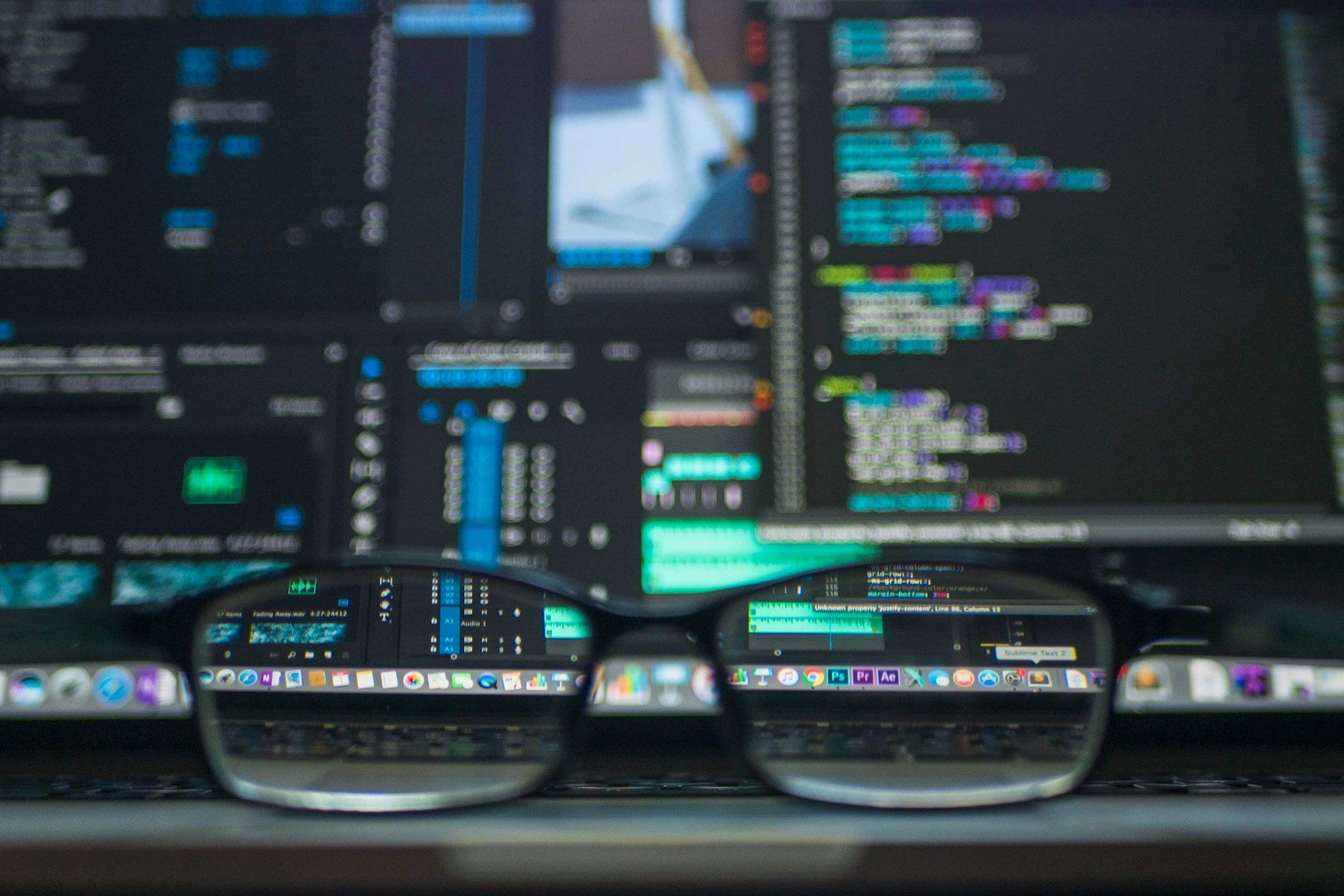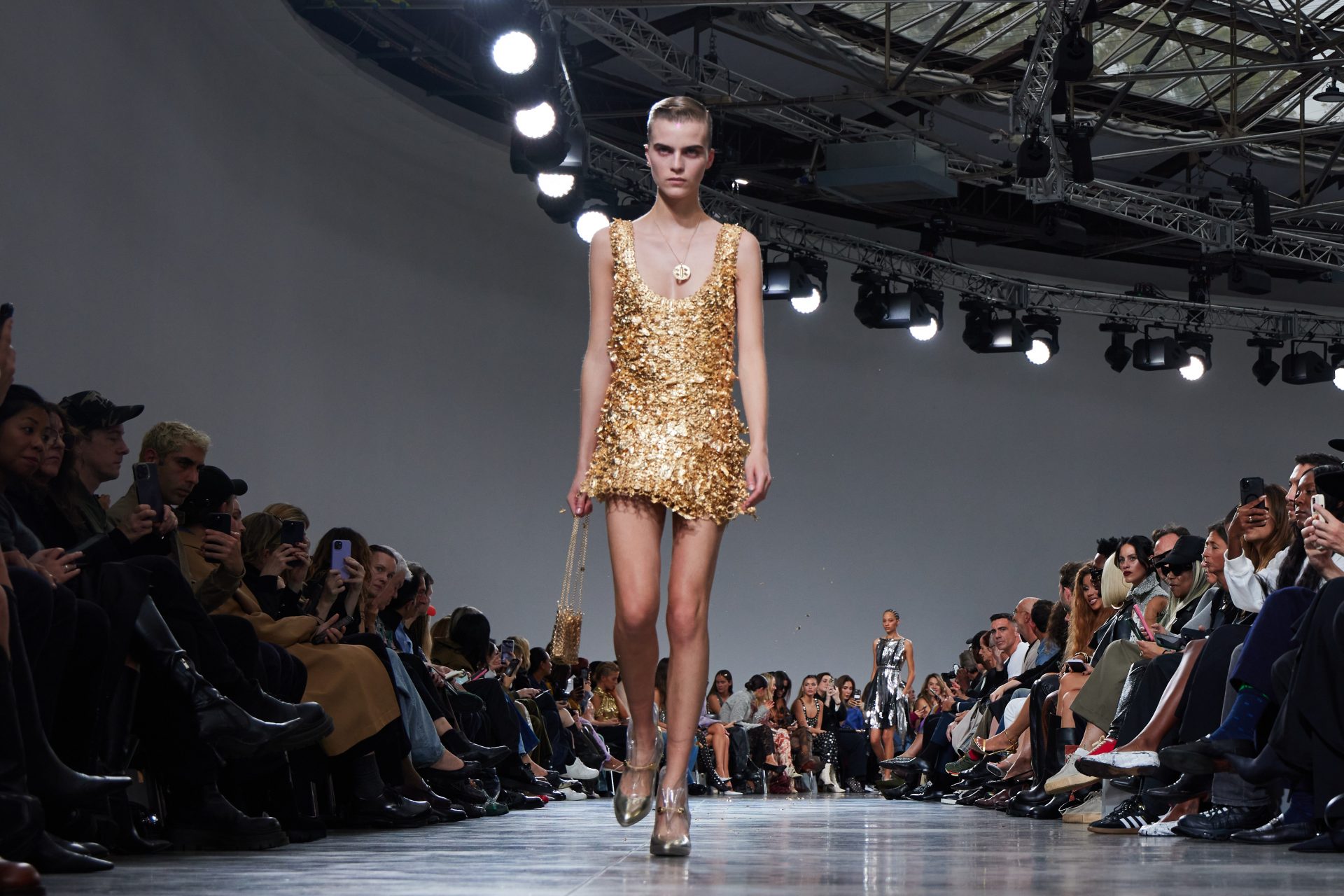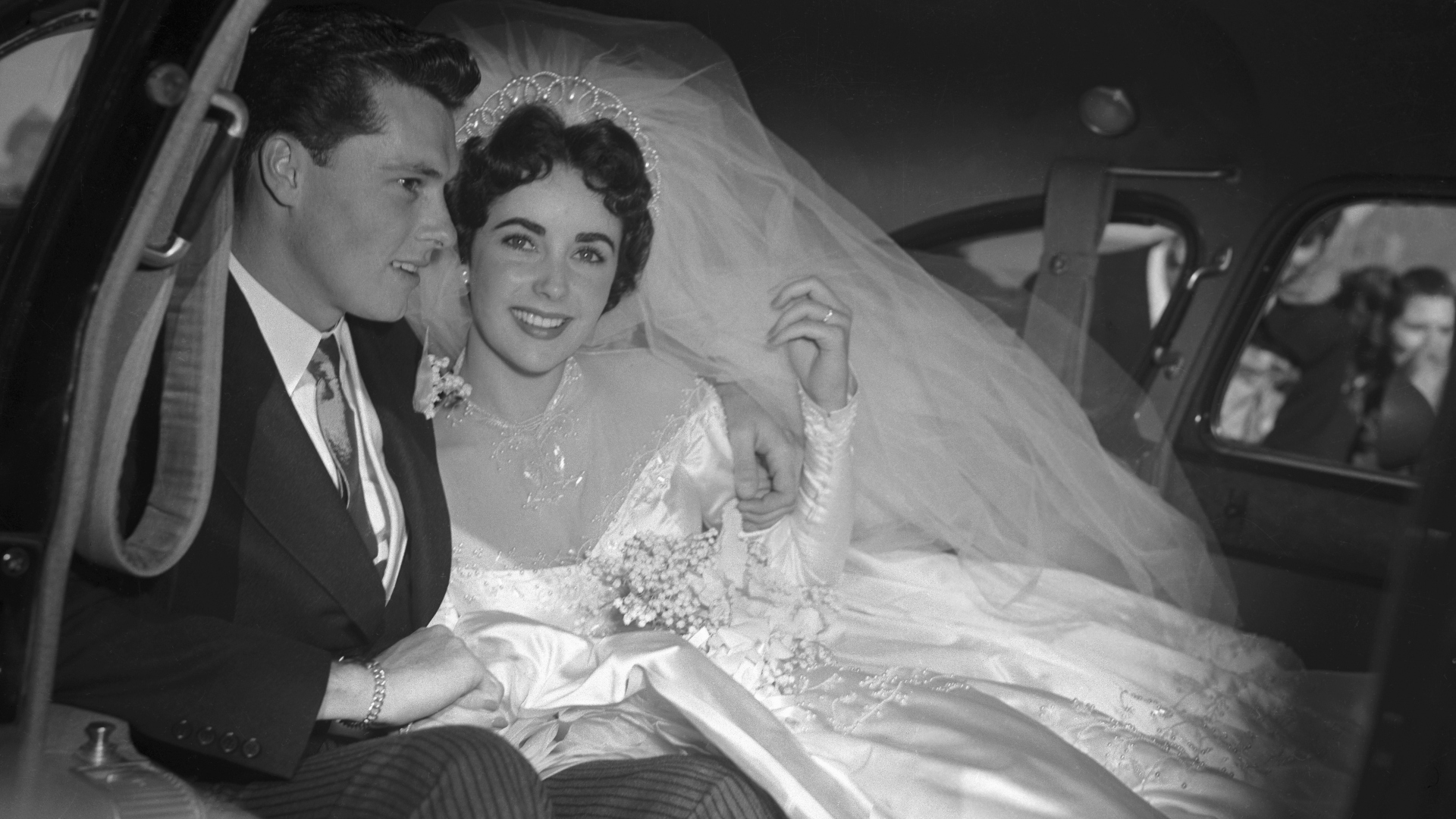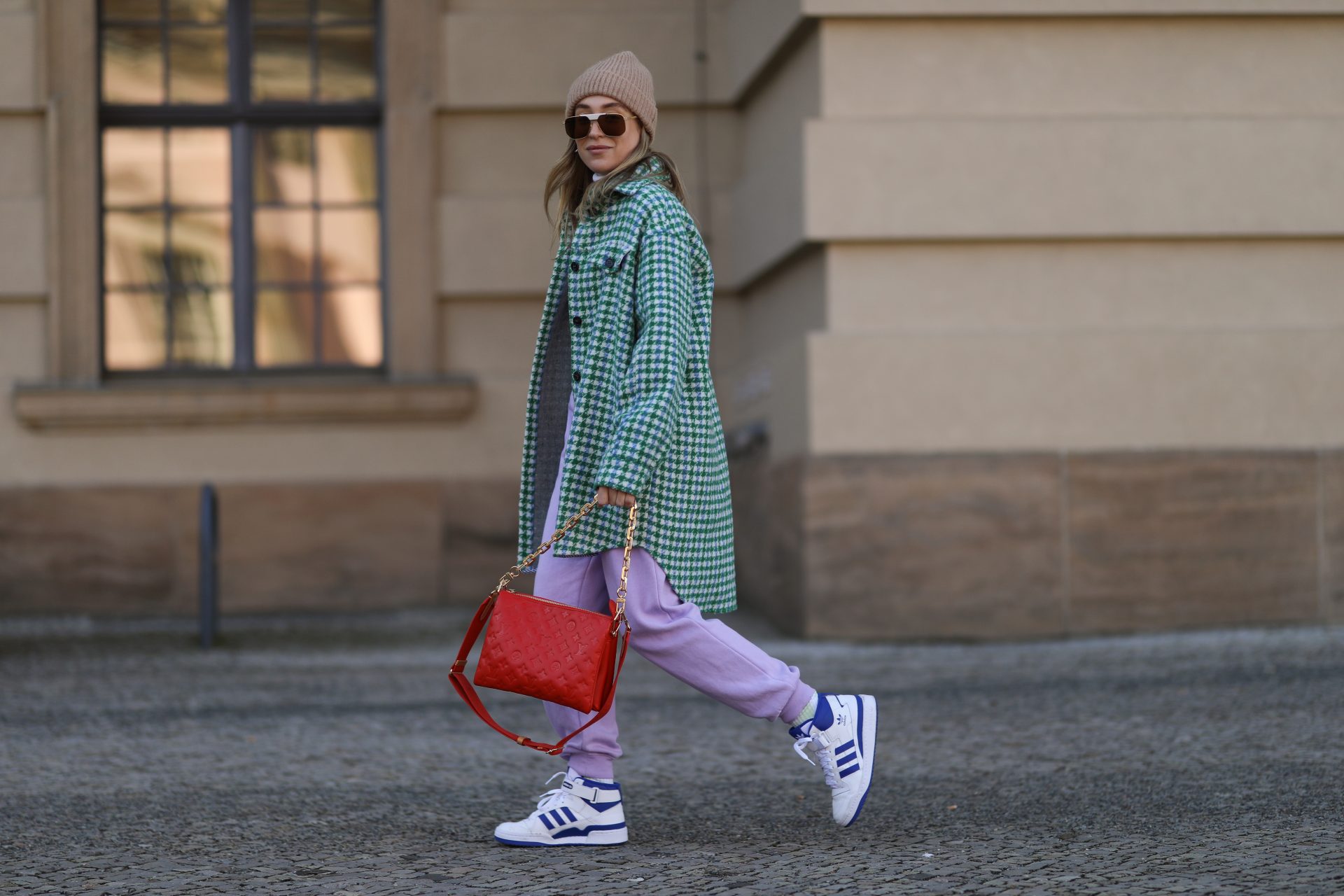10 years since the massive leak of intimate celebrity photos, what have we learned?
As summer 2014 was winding down, everything seemed business as usual. Apple was gearing up to launch the iPhone 6, Matthew McConaughey and Cate Blanchett had just won Oscars, and rumors were circulating that Donald Trump might run in the 2016 election.
But all current events were overshadowed by a massive privacy breach that changed everything. Hundreds of intimate photos and videos of the world's most famous celebrities were leaked on the imageboard '4Chan' and quickly went viral.
Which celebrities are we talking about? From Rihanna to Kim Kardashian, Jennifer Lawrence, Kate Upton, Kirsten Dunst, Candice Swanepoel, Ariana Grande, and many others—more than 100 A-list celebrities were impacted by this leak.
The material ranged from mirror selfies to more revealing photos and videos. The foundations of Hollywood were shaken.
The industry barely had time to react when it was revealed that more private content would be leaked in the coming weeks.
The nightmare went further, as celebrities who had already been victimized faced even more unauthorized releases of their private content. Jennifer Lawrence was among those most significantly affected at every level.
The media coined this privacy breach 'Celebgate.' But what exactly happened? How did someone access the most private archives of so many celebrities?
Foto: Unsplash - Max Bender
Initially, all eyes were on Apple and a potential flaw in its iCloud storage service, but after an investigation, authorities confirmed that the hackers gained access through a phishing campaign that stole celebrities' passwords.
The hackers, considered by some creepy internet users as heroes, called themselves collectors before admitting they distributed the images in exchange for Bitcoins.
Foto: Unsplash - Clint Patterson
Once the photos and videos were published, it was impossible to remove all of them from circulation. Thus, celebrities had two choices: to admit or deny their authenticity, resulting in polarized responses.
Foto: Unsplash - Brett Jordan
Jennifer Lawrence, Kate Upton, Mary Elizabeth Winstead, Kaley Cuoco, Jessica Brown Findlay, and Jill Scott confirmed their identities, either through social media, their marketing teams, or their lawyers.
Meanwhile, Victoria Justice, Ariana Grande, McKayla Maroney, and Yvonne Strahovski denied the authenticity of the images or videos of them.
Ultimately, two individuals in their 20s and 30s, Ryan Collins and Ed Majerczyk, became the faces of the scandal and were sentenced.
Foto: Saul Bucio
Collins received 18 months in prison for his role in the phishing that led to the hacking, and Majerczyk served nine months after pleading guilty to his part in the hacking.
Foto: Kevin Wu
Ten years after leak, anyone thinking the matter is forgotten and the files deleted has not checked sites like 4Chan or Reddit. Unfortunately, much of what reaches the Internet is eternal, and this leak has been enduring for ten years.
Celebgate was a huge wake up call for everyone, especially young women. It warns people about the importance of digital security and storing of sensitive photos. But with the dawn of AI, phishing attacks rose in 2023 by 58.2% in 2023 compared to 2022, reflecting a more sophisticated system. Now, more than ever, it's important to be extremely careful.
Complicating the lives of celebs and everyone else is the rise of deepfakes. These AI-generated videos and images can make people appear to say or do things they never did, complicating the fight against digital misinformation and privacy violations. As technology evolves, so do the methods of exploiting it, making the need for advanced cybersecurity measures and public awareness more crucial than ever.
Image: A deepfake of the Russian President from Putin | Official Trailer/ Patryk Vega/ Youtube




